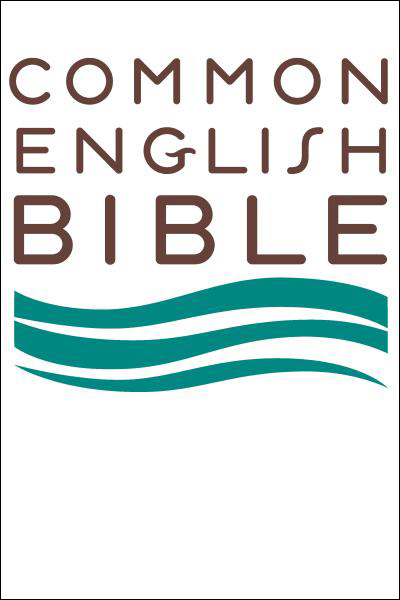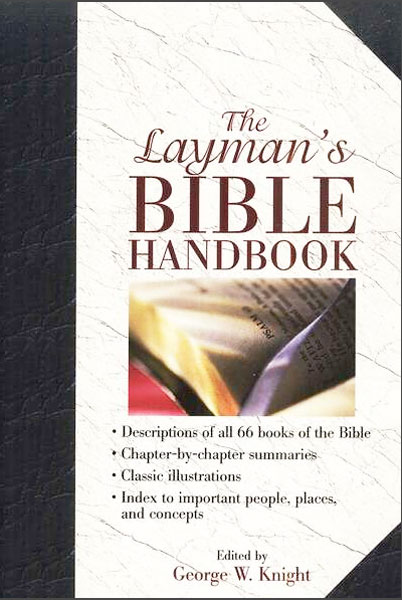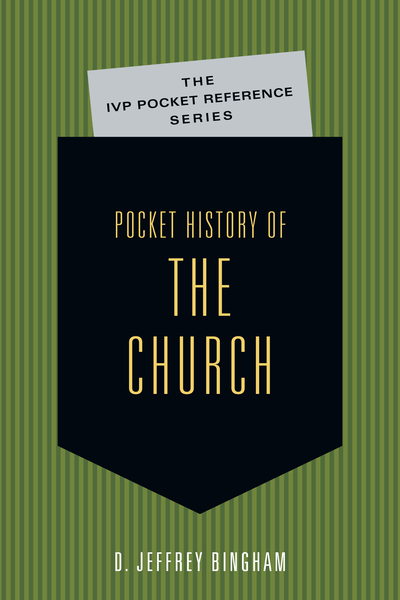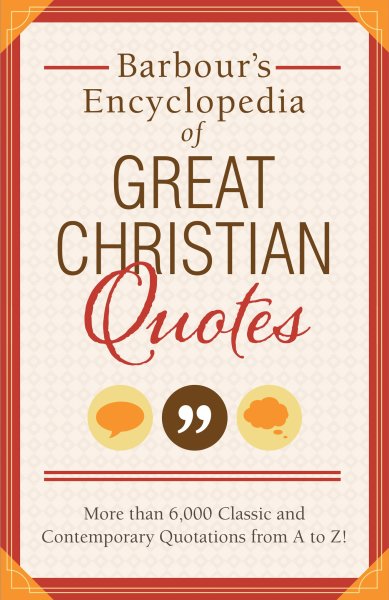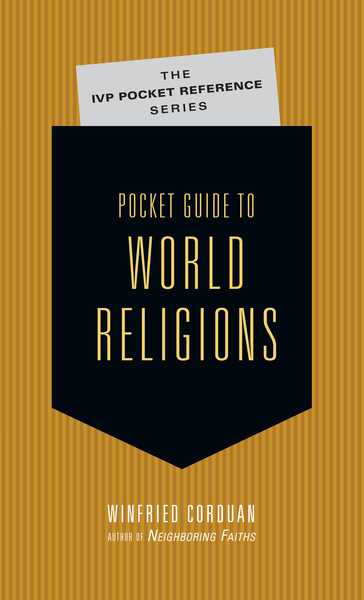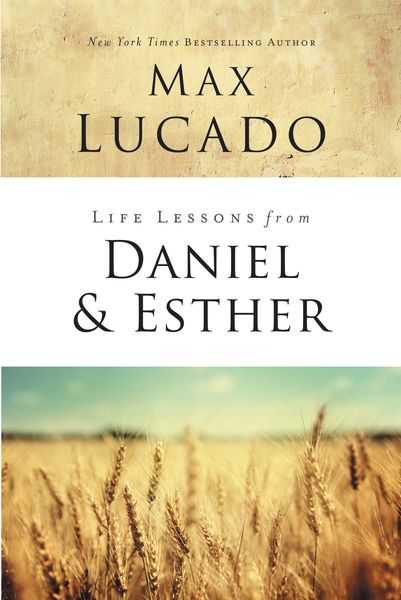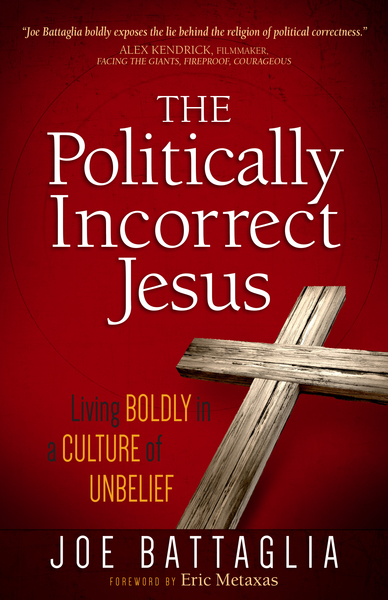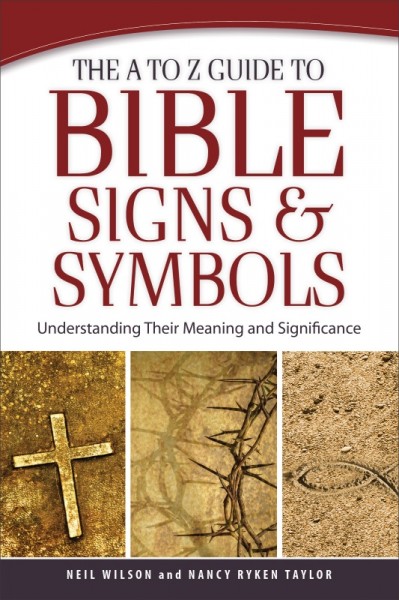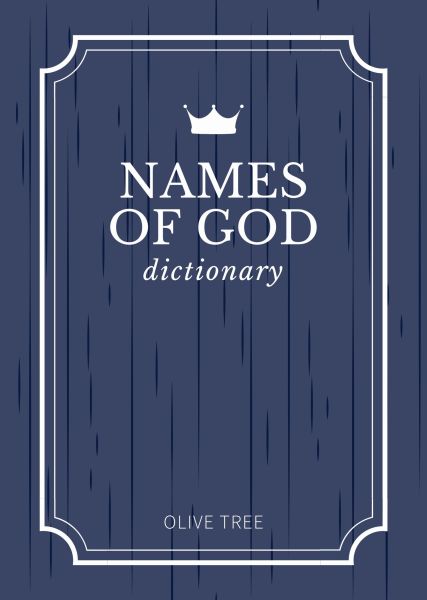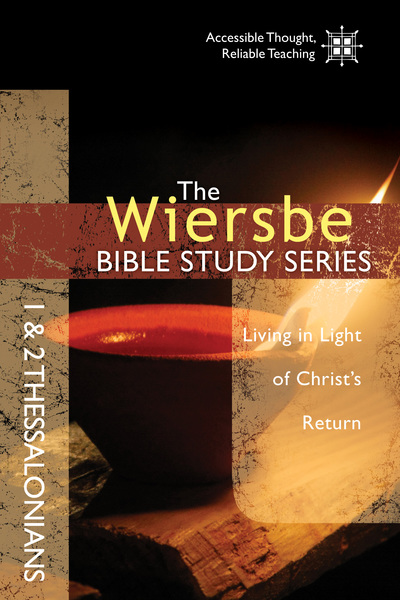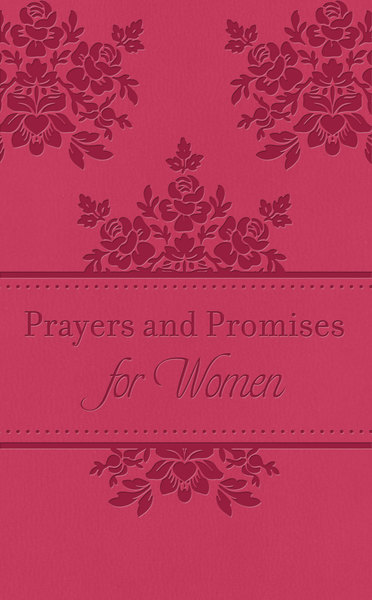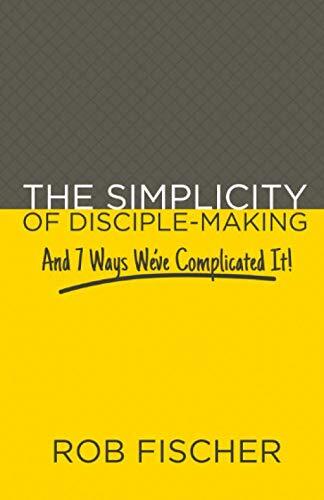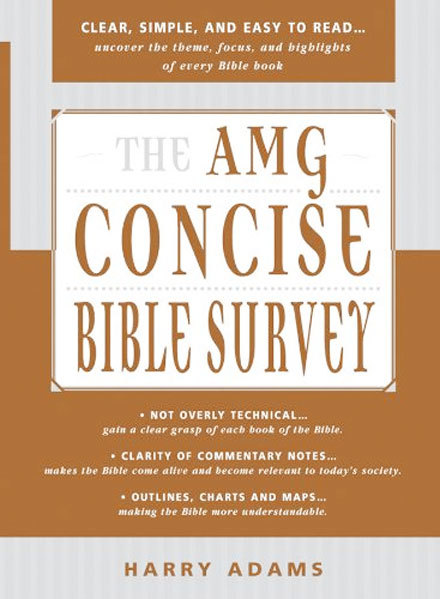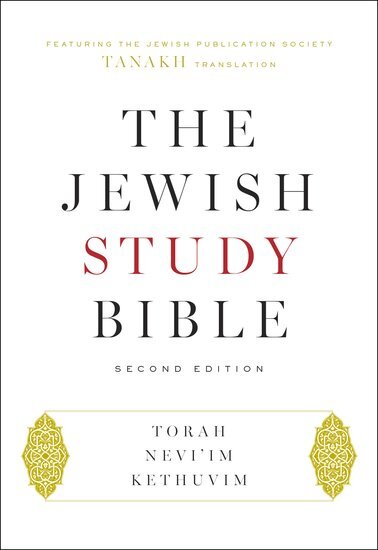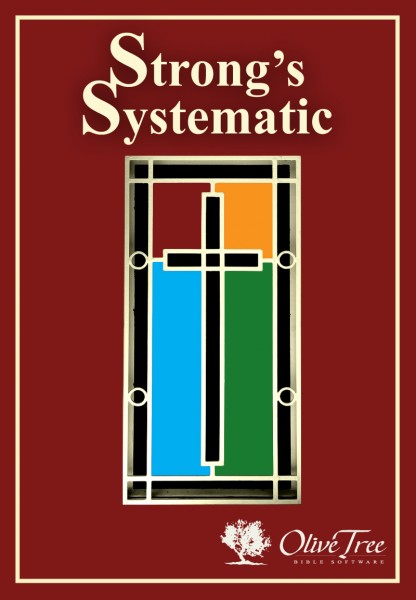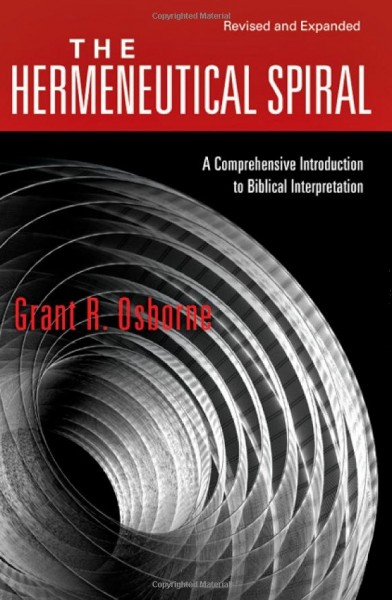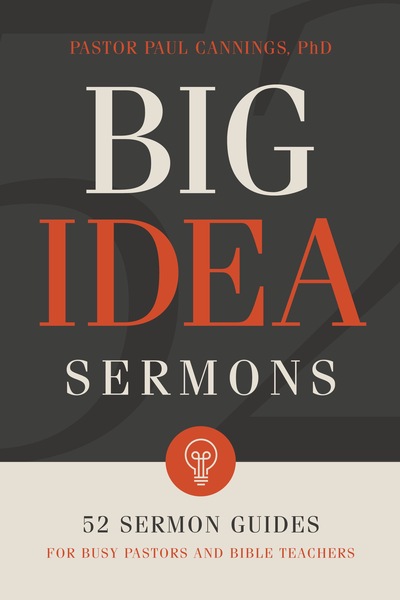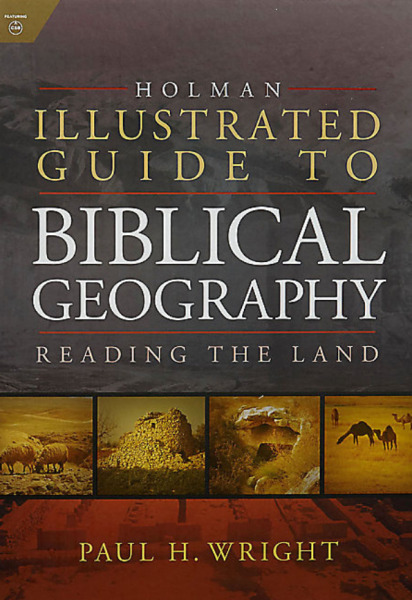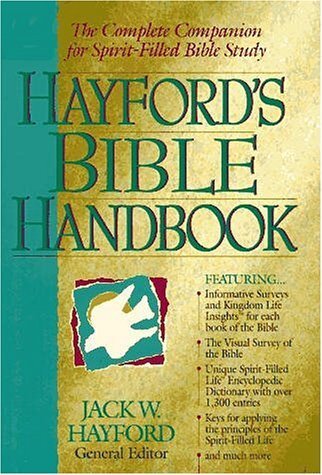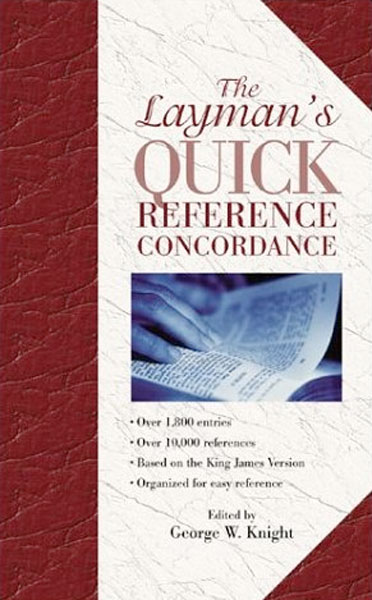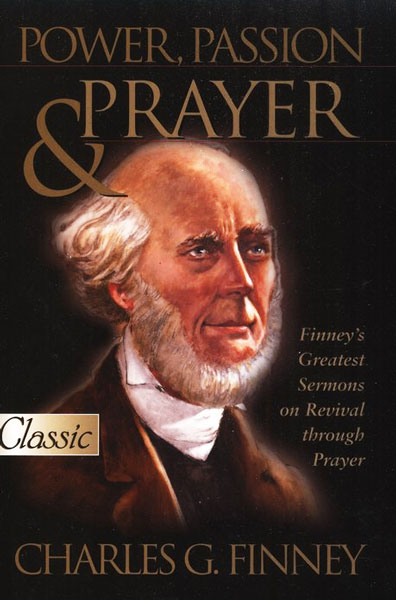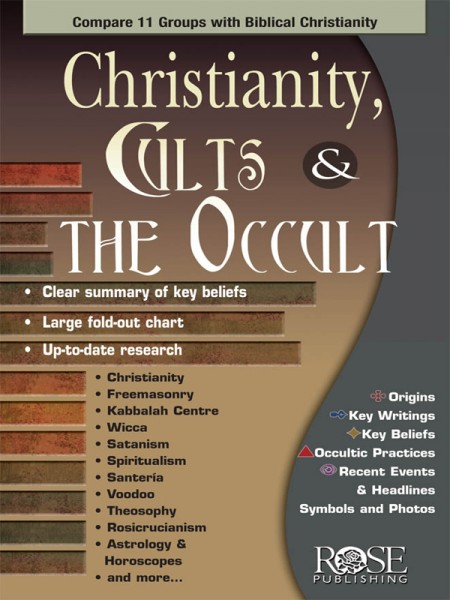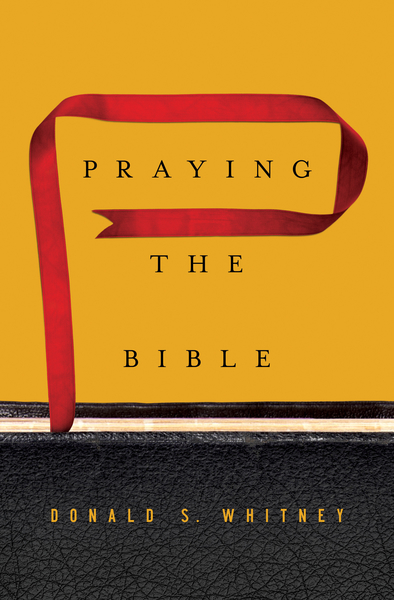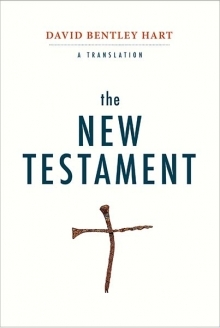


Pocket Dictionary of Biblical Studies

Pocket Dictionary of Biblical Studies
The subject of Biblical Studies has developed its own language and history over its 2000 plus years of existence. This language has its own set of terms like Gattung and sensus plenior and its own set of historical figures like Martin Noth and Eusebius. An understanding of these terms and people is critical to the subject of Biblical Studies. Pocket Dictionary of Biblical Studies provides over 300 definitions of the terms of Biblical study and the notable people who have studied the Bible. With so many words for the study of God's Word, this concise and valuable dictionary is perfect for students, teachers, pastors and all Christians interested or involved in Biblical Studies.
- Types of biblical criticism, from genre criticism to tradition criticism
- Greek and Latin terms, from agrapha to vaticinium ex eventu
- German terms, from Frühkatholizismus to Wissenschaft
- Ancient texts, from Aleppo Codex to Zadokite Document
- Literary features, from acrostic to woe oracle
- Theories, from the Augustinian hypothesis to the Yahwist source
- Textual criticism terms, from codex to Western text
Text Sample
protoevangelium. The first, or earliest, declaration of the gospel (Gk protos , "first," + euangelion, "gospel") in Genesis 3:15, where God rebukes the serpent by predicting that Eve's offspring will crush the devil's offspring. Since the second century this verse has traditionally been seen as the first glimmer of the gospel that God's purpose in creation will be fulfilled in spite of the fall of humanity.



